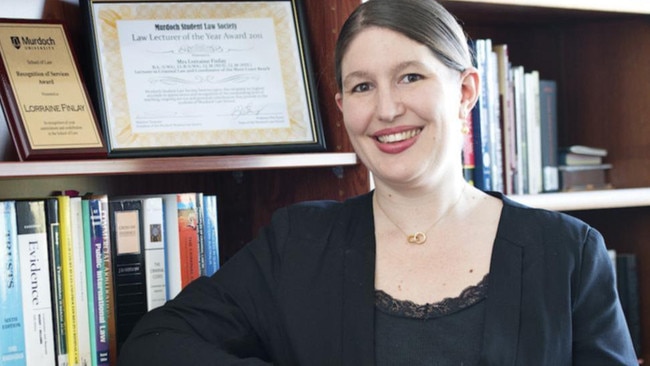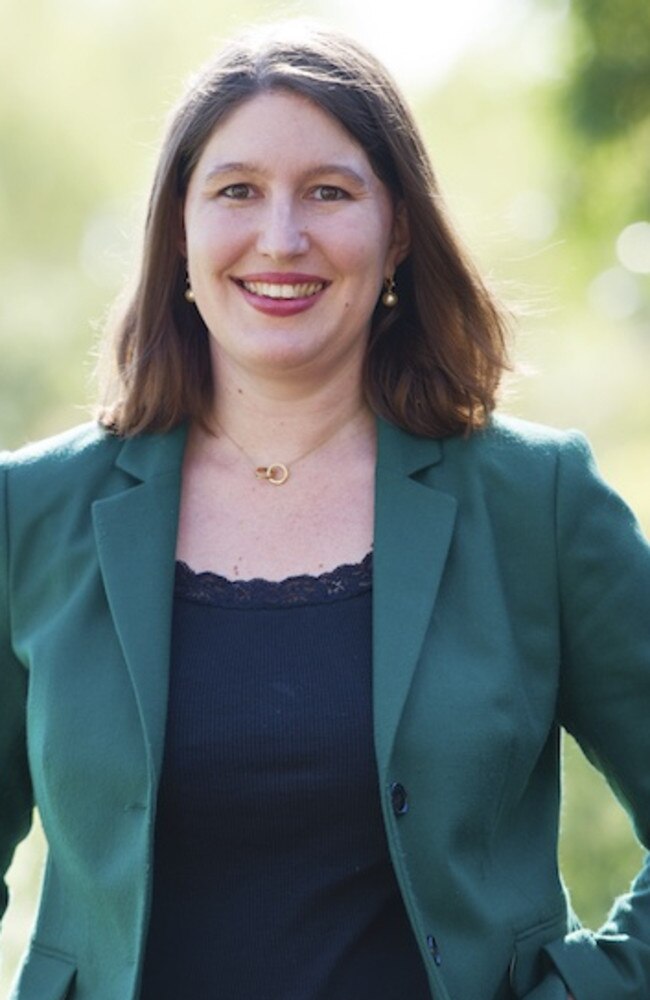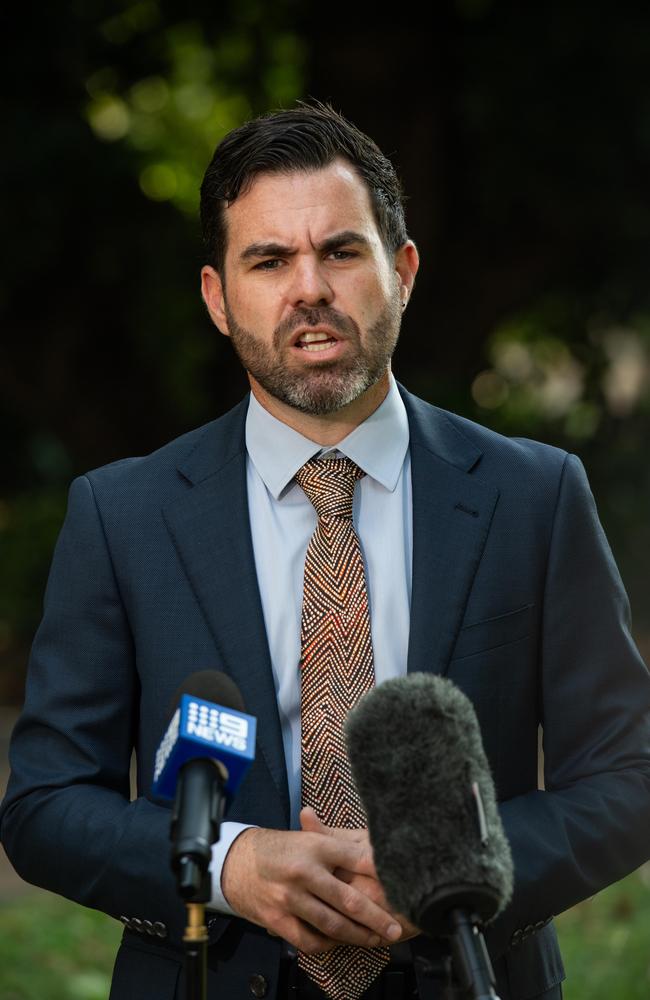Aus Human Rights Commissioner pushes for ‘minimum health and safety standards’ in NT prisons
A national human rights defender has narrowed in on the Territory’s prison conditions: ‘Being imprisoned means that you lose your liberty but it doesn’t mean that you’re not still a human being’.

News
Don't miss out on the headlines from News. Followed categories will be added to My News.
Decades of neglect and inaction in the Territory have culminated in a prison system on the brink, according to the Australian Human Rights Commissioner.
In the past two weeks the NT Correction system has experienced an attempted jail break, record prisoner numbers and a riot which culminated in prisoners being tear gassed.
Australian Human Rights Commissioner Lorraine Finlay said the conditions behind bars were not simply a “crisis”, but an ongoing failure decades in the making.
“Suggesting that a system is in crisis, suggests that there is something unexpected or sudden about what’s occurring,” she said.
“None of this is unexpected. “

Ms Finlay said that for years, concerns had been raised about the increase of remand prisoners, overcrowding, extreme heat and the over representation of Aboriginal people in Territory prisons.
Territorians are the most incarcerated people in the country — with around 1 per cent of the population behind bars — but Ms Finlay said the issues they faced were hidden from the broader public.
“Because prisons aren’t something that a lot of people have experience with, it’s very easy for these things not to be known,” she said.
Ms Finlay welcomed an announcement that Corrections was looking at how to address the extreme heat in Alice Springs prison, after decades of complaints.
“When we talk about putting air conditioners into prisons — in places where the temperatures regularly reach extreme levels in summer — this isn’t about providing luxurious conditions,” she said.
“It’s about ensuring basic minimum health and safety standards are met.
“The overarching thing to keep in mind is that being imprisoned means that you lose your liberty but it doesn’t mean that you’re not still a human being.”
The former Western Australian state prosecutor said she understood the community’s outrage over crime and their need to feel safe.
“The vast majority of prisoners will at some point be released back into the community,” Ms Finlay said.
“But prisons that are overcrowded are prisons that can’t run rehabilitation and education programs in the way they otherwise would.
“If we want to lower crime in the long run and keep the community safe in the long run, we need to start thinking about rehabilitation.”
Corrections only delivered a third of its target for education and training programs hours for 2022-23, with 6487 offender program hours completed, well below its 20,475 hour aim.
The new North Australian Aboriginal Justice Agency chief executive Darryl Pearce also said the recent unrest underscored the dire conditions across the Territory.
“The justice system is broken in the NT and the underlying social problems are getting worse,” Mr Pearce said.
With 40 per cent of prisoners locked up while waiting a trial or sentence, the NAAJA head specifically called for bail reform as the current laws had a discriminatory impact on Aboriginal people.
He urged the government to convene a Justice Reinvestment Summit, to discuss proposals like Community Courts, return-to-country programs and family support.
Justice Reform Initiative board member Olga Havnen also called for the government to properly fund evidence-based community alternatives to custody, as an effective and cheaper way to break the cycle of offending.

Attorney-General Chansey Paech acknowledged there was a “gross over representation” of Aboriginal Territorians in prisons and youth detention centres and work was being done to address this through the Aboriginal Justice Agreement and other justice reforms.
“We are delivering necessary changes that support safe, healthy, and resilient communities such as a range of law reforms, community courts, law and justice groups, alternatives to custody programs, and supported bail accommodation,” Mr Paech said.
More Coverage
Originally published as Aus Human Rights Commissioner pushes for ‘minimum health and safety standards’ in NT prisons





